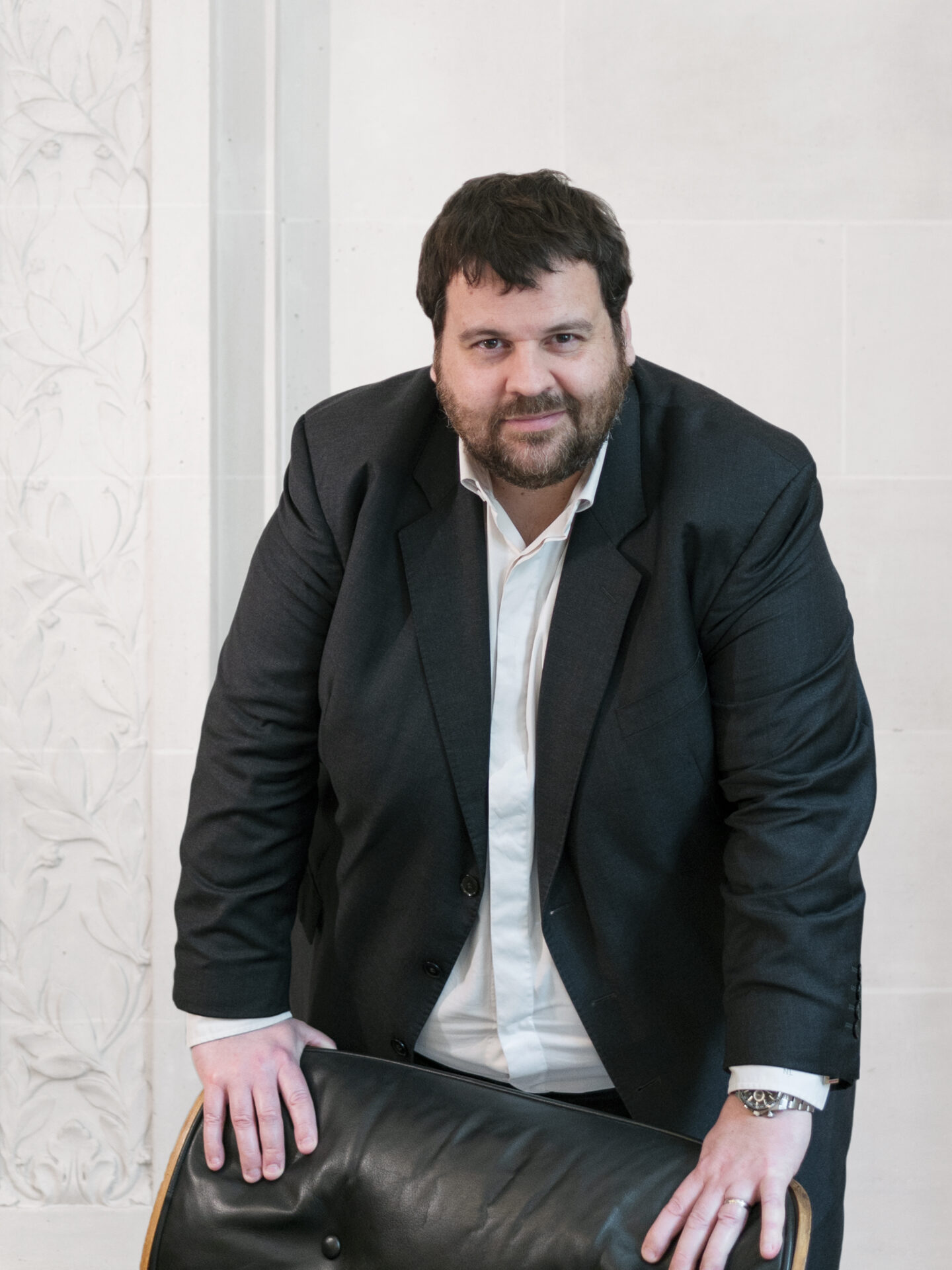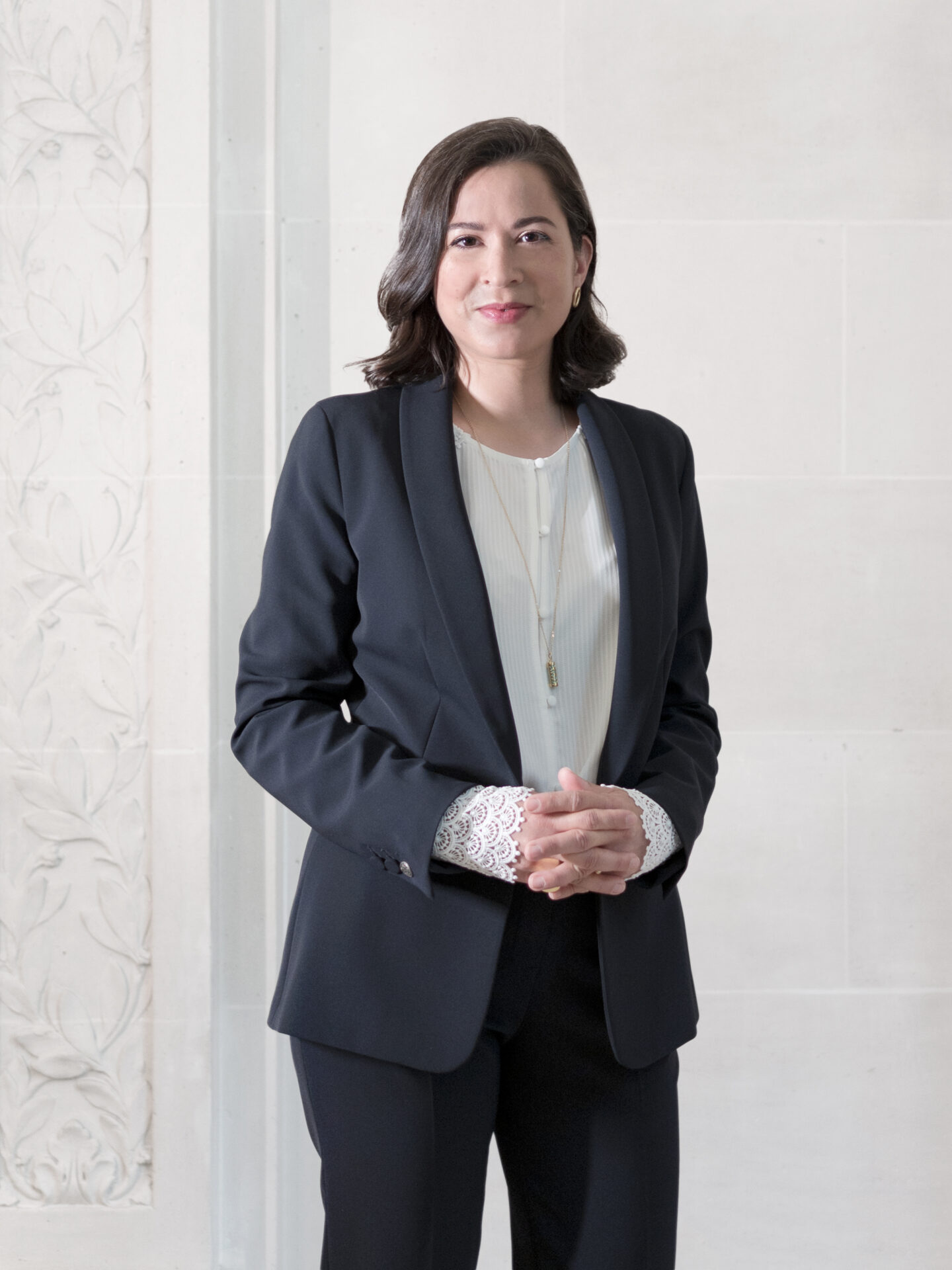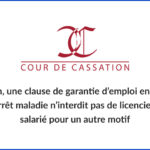By Nicolas Lepetit, Associated, Julie Ebran, Counsel
By a series of resounding judgments dated September 13, 2023, and in order to comply with European law, the Social Chamber of the Court of Cassation made several reversals of jurisprudence in terms of paid leave, which must be put into perspective with a judgment of the Court of Justice of the European Union (CJEU) delivered on November 9.
To date, article L. 3141-3 of the Labor Code provides that employees acquire a right to leave of 2,5 working days per month of “effective work”, which is not illogical if we consider that paid leave is intended to rest after an effort made. Article L. 3141-5 of the same code, for its part, nevertheless brings a nuance to this principle, by assimilating to actual work the period of suspension of the employment contract due to a work accident or occupational illness ( AT/MP), but within the limit of an uninterrupted period of one year. Thus, under French law, employees do not acquire leave rights during their work stoppage for non-occupational illness, and not after one year in the case of AT/MP.
However, this legislation does not comply with European law.
The CJEU has in fact ruled that the directive of November 4, 2003, which provides for the right to paid annual leave of at least 4 weeks (1), makes no distinction between workers who were absent due to illness during the reference period and those who actually worked, the former being “assimilated” to the seconds (2). The Charter of Fundamental Rights of December 7, 2000 establishes the right to “any worker”, again without distinction, to an annual period of paid leave (3). Thus, according to the European judge, the right to paid annual leave, enshrined in the 2000 Charter and made concrete by the 2003 directive, is a “principle of Union social law”, “imperative and unconditional” (4).
For ten years, the Court of Cassation has regularly warned about the non-compliance of French law with European law (5).
Faced with the inertia of public authorities, and relying on the direct effect which was recognized in the 2003 directive and the 2000 Charter in disputes between employers and workers (6), the High Court decided to take force and develop its case law, also on the basis of the prohibition of discrimination due to state of health.
It therefore ruled, in several judgments dated September 13, 2023, that employees acquire rights to paid leave for periods of suspension of their employment contract. for good reason, so much non-occupational illness (7), than AT/MP – excluding in the latter case the legal ceiling of one year (8). To our knowledge, this is the first time that the Social Chamber has implemented such a mechanism for evicting a legal provision (9).
It should be emphasized that the question ofacquisition rights leave during illness is distinct from that ofexercise of these rights after illness. Case law has long accepted that a sick employee can postpone the exercise of leave rights that he had acquired before his work stoppage until after returning to work (10). The problems linked to such a postponement are however increased, in particular in the event of a long illness, now that the employee continues to acquire leave rights during his illness.
European jurisprudence does not, however, establish a right to unlimited accumulation of paid leave rights, which would then not meet one of the objectives pursued (the right to rest, and not just relaxation and leisure) and would expose the employer to insurmountable difficulties in terms of work organization (11) – without even mentioning the associated costs. It is therefore possible to limit the duration of the postponement of leave. It is not up to the European judge, but to the Member States, to define the conditions for exercising and implementing the right to leave, and in particular the duration of the postponement of leave (12), by law or collective agreement. Such postponement must have a duration “substantially superior” to that of the reference period, which is one year in France (13) ; a duration of 15 months has for example been validated (14).
In its judgment of November 9, 2023, the CJEU admitted that in the absence – as in France – of a national provision providing for an express temporal limit to the postponement of rights to paid annual leave acquired and not exercised due to a long illness , national legislation and/or national practice may make it possible to grant a request for leave submitted by an employee less than 15 months after the end of the reference period and limited to two consecutive reference periods (15).
In the absence of a fixed duration for the postponement of leave, the employer could in any case take advantage of the limitation period, which is 3 years in France, from the expiration of the period during which the leave could have been taken, or the termination of the employment contract (16). Moreover, the Paris Court of Appeal has already applied the new position of the High Court, by granting 3 years of compensation in lieu of paid leave to an employee who had been placed on long-term illness (17).
However, according to European case law, such a temporal limitation on the postponement of leave only applies if the employer justifies having carried out the due diligence required to ensure that the employee is able to effectively exercise his or her right to leave (18). This is also what the Court of Cassation has just ruled, in another of its judgments of September 13, 2023 (19). In practice, the limitation period will not begin to run if the employer does not demonstrate that it has fulfilled its obligations to inform employees about the period of vacation taking and the order of departures.
Questioned during a conference organized at Paris 1 University on the scope of the judgments of September 13, 2023, the senior advisor to the Court of Cassation considered that, if the limitation period has not started to run, employees could claim leave for their sick leave since 1er December 2009, date of entry into force of the Lisbon Treaty having given binding force to the Charter of Fundamental Rights on which the High Court based its decisions (20), or a possible reminder of… 14 years!
The scope of these judgments is considerable:
- When ? According to a constant position (21), these new case laws apply immediately to contracts and ongoing disputes, without employers being able to claim legal uncertainty;
- What? Although the directive of November 4, 2003 only provides a right to paid annual leave of 4 weeks (minimum), the position of the Court of Cassation applies equally to the 5rd week of leave provided for by French legislation (22). It is likely that the same solution must be adopted for conventional leave having the same purpose as legal leave, such as leave for seniority sometimes granted by collective agreements (23);
- How much ? Companies are required togrant paid leave (or corresponding compensation in the event of termination of the employment contract) for all periods of suspension of the employment contract due to illness, professional or not, over the last 3 or even 14 years, and for the future, without work compensation.
On September 26, 2023, the Minister of Labor announced that his services would study the financial consequences of these decisions for companies.
In addition to the rewriting of articles L. 3141-3 and L. 3141-5 of the Labor Code, which are now obsolete, it would be possible for the law to limit in time the risk of recall of leave rights, as well as the duration of the postponement of leave. the exercise of these same rights (for example, 15 months with reference to European case law).
In the uncertainty of legislative intervention, the interest of companies would be to limit by collective agreement the duration of the postponement of the exercise of paid leave rights in the event of illness, as well asinform employees in writing about the leave period and on the order of departures in order to run the limitation period.
Finally, it should be noted that, by a final judgment dated September 13, 2023 (24), the Court of Cassation made another reversal of jurisprudence, by ruling, again in accordance with European law, that in the event of it being impossible for an employee to take leave during the reference year due to the exercise of parental leave, the paid leave acquired on the date of the start of parental leave must now be postponed until after the date of return to work.
- Article 7 of the directive 2003/88/EC of November 4, 2003 concerning certain aspects of the organization of working time
- CJEU January 20, 2009, C-350 / 06; CJEU January 24, 2012, C-282 / 10 ; CJEU October 4, 2018, C-12 / 17 ; CJEU June 25, 2020, C-762-18
- Article 31§2 of the Charter of Fundamental Rights of the European Union 7 of December 2000
- CJEU November 9, 2023, C-271 / 22
- Report of 2013 (p. 65 f.), report of 2014 (p. 43 f.), report of 2015 (p. 33 f.) and report of 2018 (p. 98 f.) of the Court of Cassation
- Respectively CJEU January 24, 2012 cited above and CJEU November 6, 2018, C-569 / 16 (see also CJEU November 9, 2023 cited above)
- Soc. September 13, 2023, no.22-17.340, n°22-17.341, n°22-17.342
- Soc. September 13, 2023, no.22-17.638
- As the European judge invites (CJEU November 9, 2023 cited above)
- Soc. February 24, 2009, no.07-44.488
- CJEU November 22, 2011, C-214 / 10; CJEU May 3, 2012, C-337 / 10 ; CJEU September 22, 2022, C-518 / 20 ; CJEU November 9, 2023 cited above
- CJEU November 9, 2023 cited above
- Soc. September 21, 2017, no.16-24.022; CJEU November 9, 2023 cited above
- CJEU November 22, 2011 cited above
- CJEU November 9, 2023 cited above
- Paper 3245-1 Of the Labor Code
- CA Paris September 27, 2023, RG n°21/01244 (see also CA Paris October 12, 2023, RG n°20/03063)
- CJEU November 22, 2011 cited above; CJEU September 22, 2022 cited above
- Soc. September 13, 2023, no.22-10.529, n°22-11.106
- Statement from Jean-Guy Huglo, October 12, 2023
- Soc. May 18, 2011, no.09-72.959
- As well as additional legal leave for young parents (article 3141-8 of the Labor Code)
- On the other hand, partial activity, unpaid leave, parental leave, rest days linked to working hours, or even additional days for splitting, should not be affected.
- Soc. September 13, 2023, no.22-14.043

Nicolas Lepetit
Partner
Prior to joining Ginestié Magellan Paley-Vincent, Nicolas Lepetit worked at Legrand Bursztein Beziz, avocats (LBBa) law firm, then worked at Bersay & Associés for more than 10 years and lastly as Of Counsel.

Julie Ebran
Counsel
She advises French and international clients on a day to day basis on all aspects of French labour law (individual and collective rights). She also pleads before employment courts and participates in restructuring operations along with the Corporate team.





